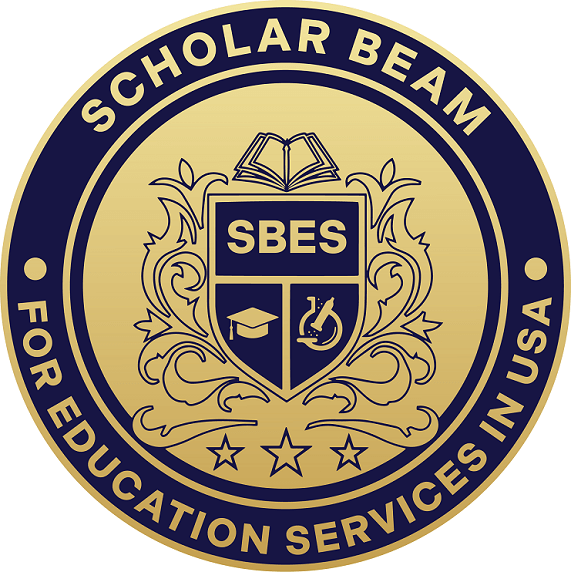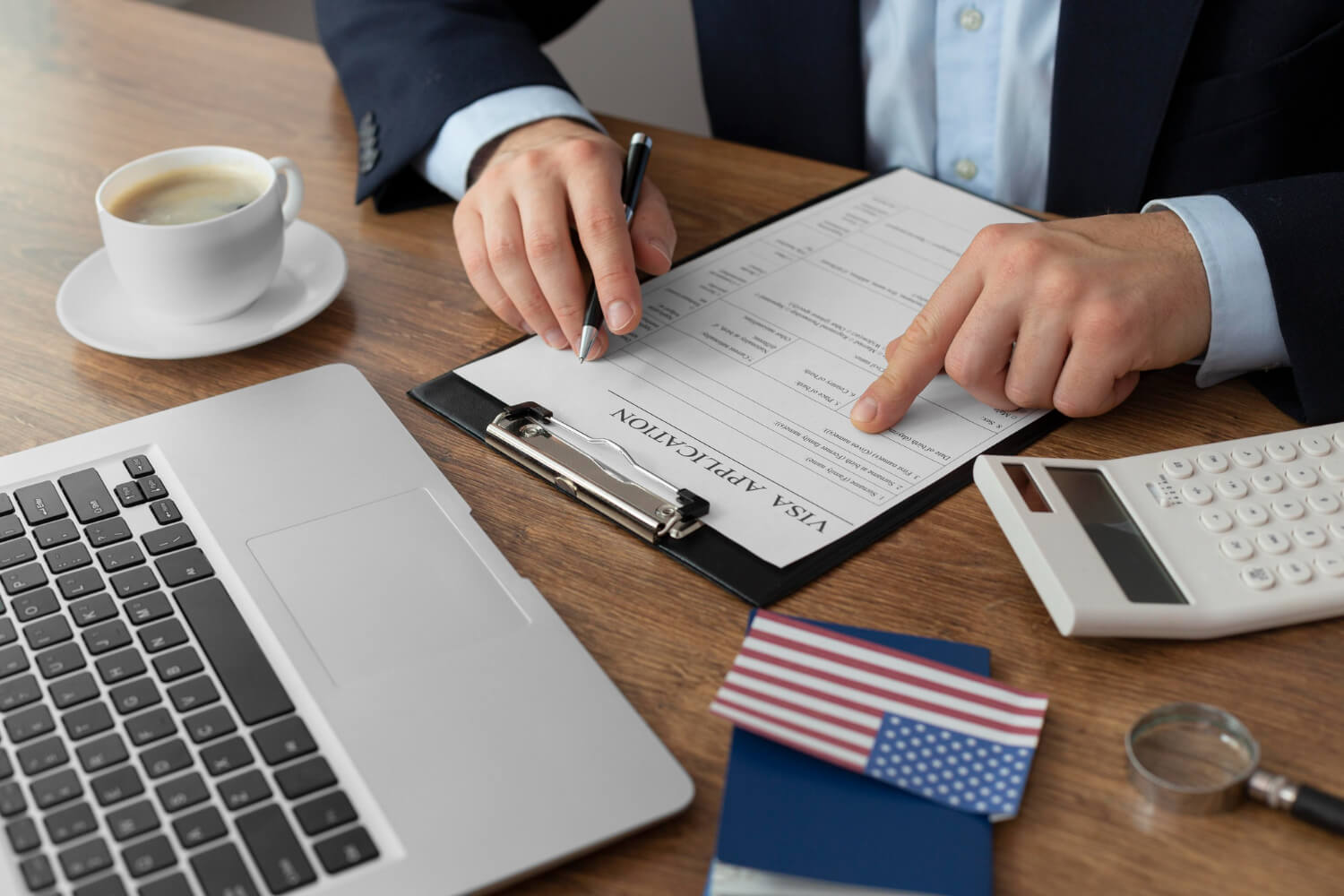Securing a student visa is a crucial step for international students aiming to study in the United States. The visa interview is often viewed as a daunting hurdle, but with thorough preparation and a clear understanding of what to expect, you can significantly increase your chances of success. This guide offers valuable tips and tricks to help you prepare effectively for your student visa interview.
1. Understand the Visa Process and Requirements
Before your interview, familiarize yourself with the visa process and specific requirements for the student visa category (F-1, J-1, or M-1). Visit the official U.S. Department of State website to understand the type of visa you need and the documents required. Common documents include:
- Form I-20 or DS-2019 (provided by your U.S. school)
- Passport valid for at least six months beyond your intended stay in the U.S.
- Proof of visa fee payment
- Form DS-160 confirmation page
- Passport-sized photo following U.S. guidelines
- Financial documents proving you can cover tuition and living expenses
- Academic transcripts, standardized test scores, and diplomas
Knowing the process and having all required documents will make you more confident during the interview.
2. Organize Your Documents
Organize your documents in a logical order to present to the consular officer. A well-prepared folder with labeled sections will make it easier for you to find the required document quickly, showcasing your organization skills and readiness. Here’s a suggested order:
- Form DS-160 confirmation page
- Passport
- Form I-20 or DS-2019
- SEVIS fee receipt
- Visa fee payment receipt
- Financial documents (bank statements, scholarship letters, etc.)
- Academic documents (transcripts, test scores, diplomas)
- Any additional documents, such as letters of intent or family ties evidence
3. Know Your Study Plan and Be Ready to Explain It
One of the primary goals of the visa interview is to determine your intent to study and return to your home country after completing your education. Be prepared to explain:
- Why you chose your specific school and program in the U.S.
- Your study plan and what you intend to learn
- How this program aligns with your career goals
- Your plans after completing your education, including any ties to your home country (family, property, a job offer, etc.)
Clearly articulating your study plan demonstrates your genuine intent to study and not to immigrate permanently.
4. Practice Common Interview Questions
Practicing potential interview questions is a great way to prepare. Here are some common questions you might encounter:
- Why did you choose this university or program?
- What do you know about the city where you will study?
- How will you fund your education?
- Do you have relatives or friends in the United States?
- What are your plans after graduation?
Practice answering these questions concisely and confidently. Avoid memorizing responses word-for-word; instead, focus on conveying your message naturally.
5. Demonstrate Strong Ties to Your Home Country
The visa officer will want to ensure you have strong reasons to return to your home country after your studies. Highlight your ties to your home country, such as:
- Family relationships (parents, siblings, spouse, children)
- Employment prospects or job offers waiting for you
- Property or significant assets in your home country
- Community involvement or commitments
Providing clear evidence of these ties can help convince the officer that you intend to return after your studies.
6. Dress Professionally and Be Punctual
Your appearance and punctuality reflect your seriousness about the interview. Dress professionally, as if you were attending a job interview. Arrive at the embassy or consulate at least 30 minutes before your appointment to allow time for security checks and any unforeseen delays.
7. Be Honest and Stay Calm
During the interview, answer all questions honestly. Visa officers are trained to detect dishonesty, and providing false information could result in a visa denial and potential bans. If you don’t know the answer to a question, it’s better to admit it than to guess. Stay calm and collected, even if you feel nervous. Take a deep breath before answering questions to ensure you remain composed.
8. Focus on Your Academic Intentions
Keep the focus of your interview on your academic and career aspirations. Avoid bringing up any topics that might suggest you are interested in remaining in the U.S. permanently, such as long-term job opportunities or immigration plans.
9. Prepare a Few Questions to Ask
At the end of the interview, you may have the opportunity to ask the officer questions. Preparing a few thoughtful questions can demonstrate your engagement and seriousness. For example, you could ask about any additional steps in the visa process or clarify aspects of your upcoming studies in the U.S.
10. Understand the Next Steps
After the interview, you might receive your visa immediately, or it could take a few days or weeks for processing. The consular officer will inform you about the next steps, including how you’ll receive your visa and passport if approved.
Conclusion
Preparing for your student visa interview can be a straightforward process if you know what to expect and take the time to prepare thoroughly. By understanding the process, organizing your documents, practicing your responses, and demonstrating your intent to return to your home country, you can approach the interview with confidence and increase your chances of success. Remember, the key is to be honest, be prepared, and present yourself as a serious and dedicated student. Good luck!

